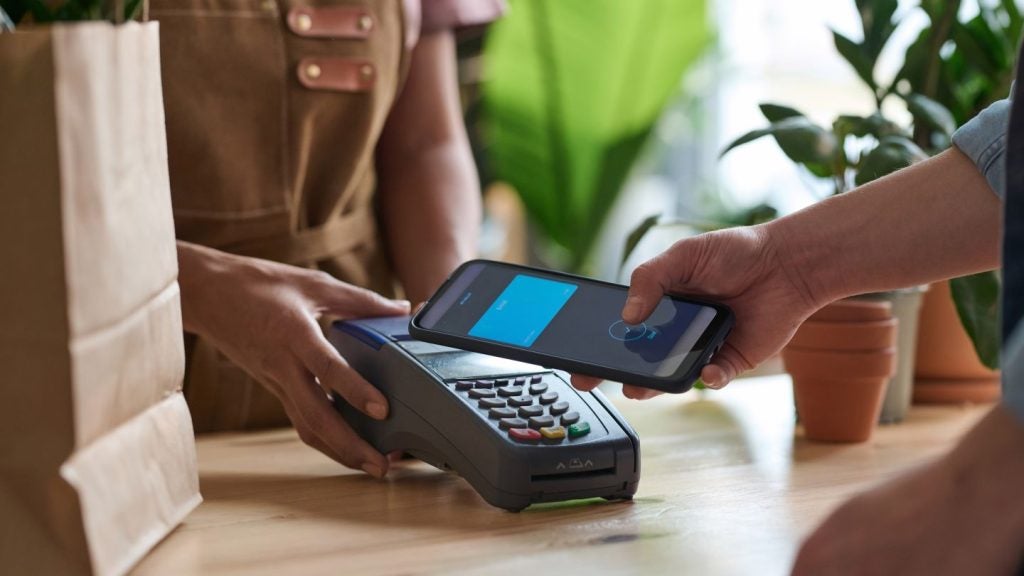US. Coming to the aid of lenders is technology vendor Sekurus with
a range of products designed to prod delinquent payers into action,
including remotely immobilising their vehicle if there are
insufficient funds in their debit account. Charles Davis
reports.
business is introducing some old-fashioned yet decidedly high-tech
discipline to the world of vehicle loans. Thanks to US payments
startup Sekurus, the deal is quite straightforward: if you insert
the key in the ignition and the red light starts to flash… start
coming forward with the cash you owe on the vehicle.
especially when times are tough. Car and truck loan payment
defaults this year are predicted to hit the highest level in at
least a decade, according to Manheim, a wholesale vehicle auction
service.
‘repo man’, often operating at night through less-than-safe
operating conditions, to take possession of a vehicle. It is a
scenario fraught with potential violence, and certainly spells the
end of any future customer relationship.
gentler answer: for subprime vehicle customers, loans can be made
contingent upon acceptance of a little non-obtrusive box mounted
underneath the dashboard that forces them to make their payments on
time.
flashes. If the payment is not made within a pre-set grace period
the vehicle is automati-cally immobilised. The next step is a visit
from the repo man, but under less dramatic circumstances.
protect themselves, privately held Sekurus has grown at a 30
percent CAGR in recent years. Its revenue goal this year is $20
million, and it says the US alone presents a huge opportunity, with
more than seven million subprime car and truck loans.
On Time, as the device is called. It has sold 250,000 at up to $250
each, mostly to finance companies or dealers who cater to the most
troubled car buyers, those who need transport yet have poor credit
histories.
payment is nearly due. On deadline day, the unit not only blinks,
but beeps. Motorists find it so annoying that it drives them to
pay, pardon the pun. When the customer makes the payment, the
lender gives them a six-digit code to enter into the box, and they
are free to hit the road again.
vehicle loan borrowers that typically run about 30 percent to about
5 percent, according to the company. When default rates fall,
lenders feel more secure offering financing for more valuable cars
to high-risk customers. By forcing buyers to pay on time, the
device also rebuilds their credit record.
to force payment while offering delinquent customers an escape
route. Not every late payment results in repossession, and that
makes everyone in the value chain happy.
Technologies of Cleveland, which sells mostly wireless systems.
Vehicles dealers can access accounts through the internet and send
a message to the device in the car as with a paging system. Again,
the car is shut down if payments are not made on time. Another
player in the market, PassTime USA, based in Colorado, uses a
combination of keypad and wireless systems to the same
effect.
The latest enhancement is coupling the keypad to a global
positioning device. Not only will the vehicle’s starter
automatically shut off, but a message will go to the loan holder
with its location to make repossession easier.
prepaid card that could encourage the unbanked to make their car
payments on time and also prompt them to make other purchases
electronically.
introduced in March this year, takes the original idea further,
linking the payment device to the On Time device.
automatically deducted from the balance on the borrower’s card. If
there are insufficient funds, the device will freeze the vehicle’s
starter; once customers add funds to the prepaid balance, they will
automatically get a text message delivered to their mobile phones
with a code to unlock the On Time device.
linked, On Time debit cards in use within 18 months. The company
thinks that some customers could also start using the cards to make
everyday purchases as well as for managing their monthly car
payments, opening a significant new avenue for card volume. The
card is also a nice sales pitch for auto dealers: buy a car and it
comes with a new prepaid Visa card.
unlock codes were developed by Sekurus and Debit Card, a
Texas-based payment processor. Sekurus has been testing them for
more than a year. They are issued by Palm Desert National Bank and
can be used at any merchant that accepts Visa cards.
for the cards and $1.95 to withdraw money at an ATM plus any other
fee imposed by the ATM operator. The cards can be reloaded at
Western Union or ACE Cash Express stores, for $3 to $4. There is no
fee for direct deposit or for making purchases at the point of
sale.
costs by offering the linked debit cards as an alternative to cash
payments for auto loans. The cards remove large cash payments from
the scenario, a real plus in workplaces free from the security
surrounding banks.


Access deeper industry intelligence
Experience unmatched clarity with a single platform that combines unique data, AI, and human expertise.







